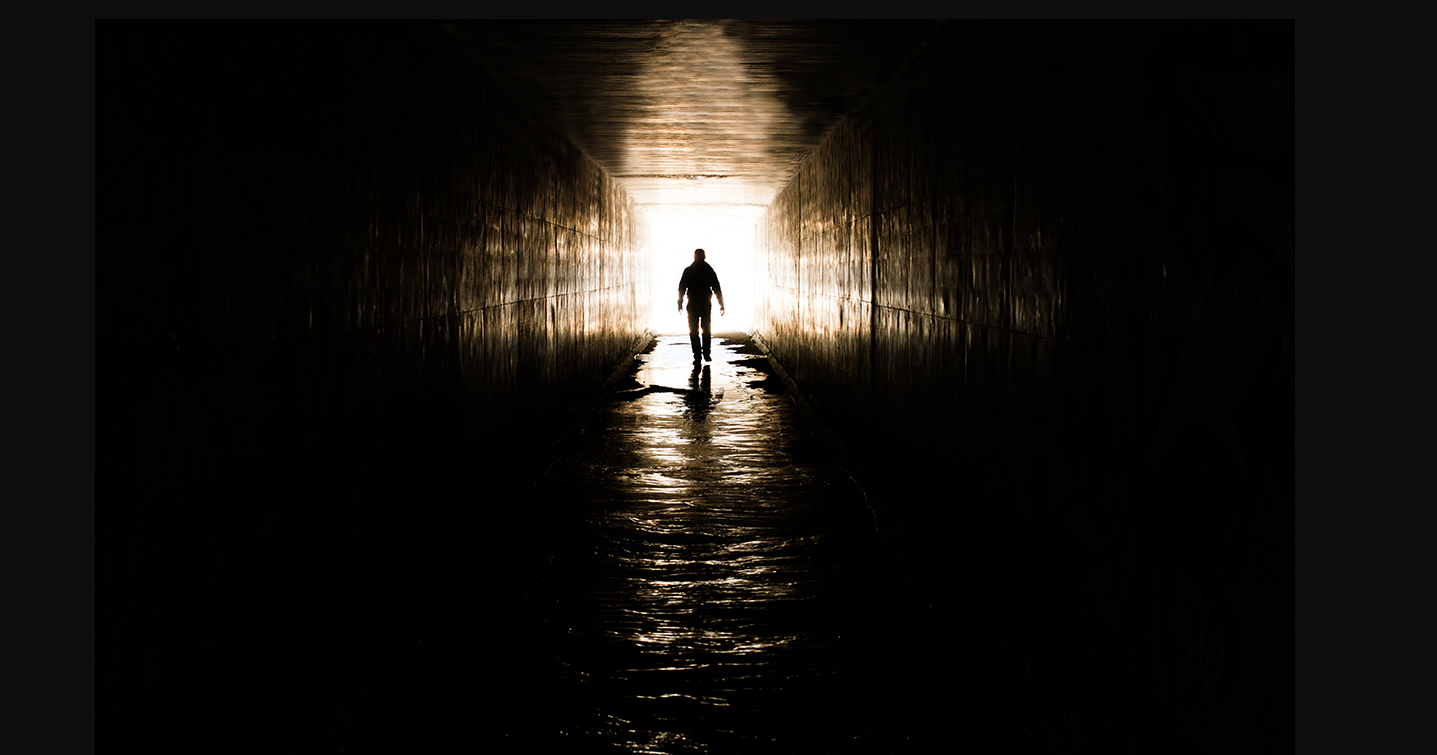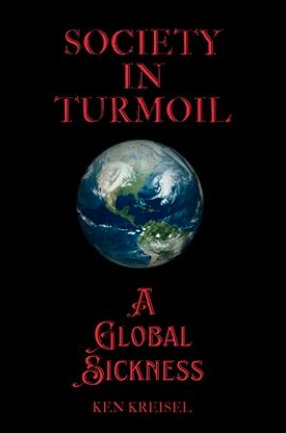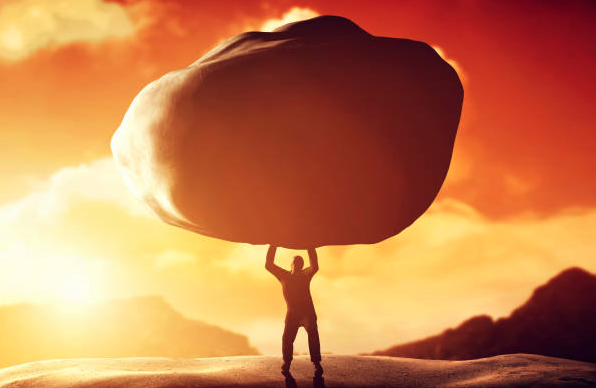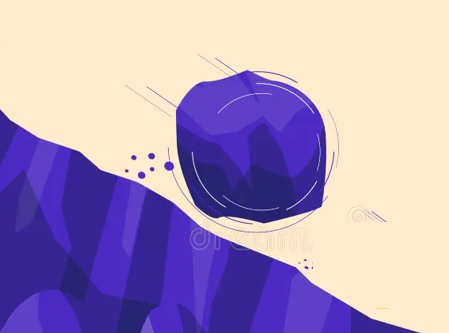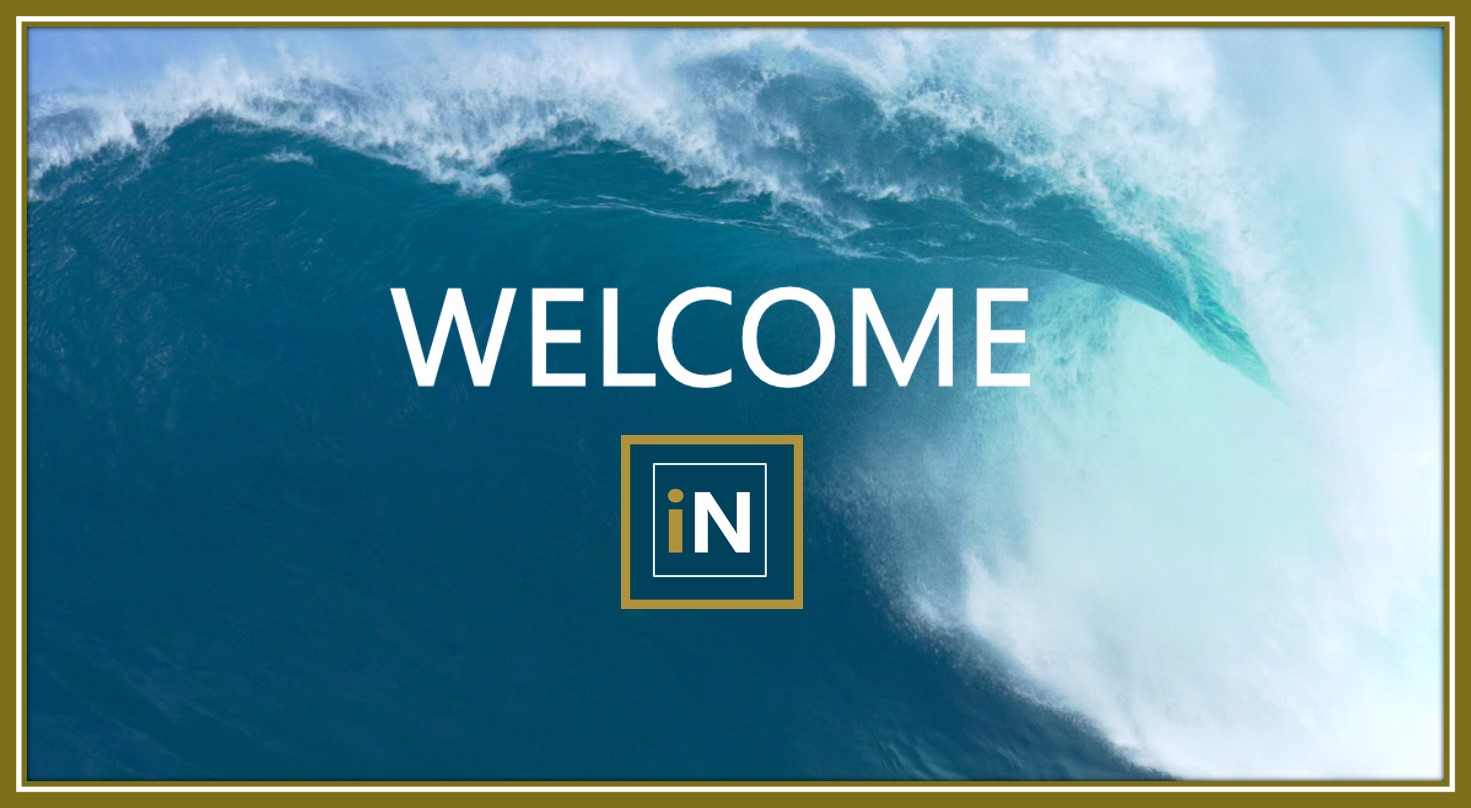Society is in Turmoil Around the World.
It’s Enough to Spook Even the Most Well-adjusted Optimist
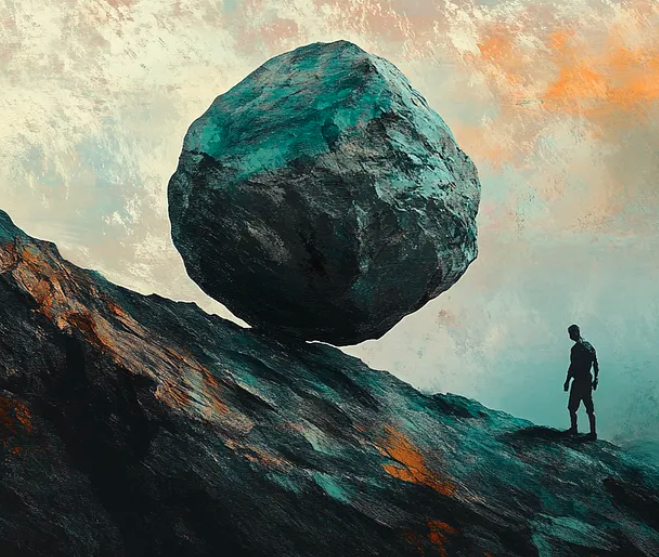 toxic parents
toxic parents
It can be healthy to take a step back
and chuckle at our folly.
 By Justin D. Henderson, PhD
By Justin D. Henderson, PhD
My family and I were returning from a weekend away at a cabin. One of my children is known to suffer from the occasional car sickness, and that trip home turned out to be another struggle for her stomach. Wracked with the pain of nausea and the all-too-common anxiety about potentially vomiting, my wife could see my daughter’s mental catastrophe unfolding before her. Our kiddo was stuck on the fear of throwing up and was making herself more sick in the process.
In a masterclass of parenting genius, my wife began making a game to see who had the strongest grip as they clutched hands together. Before you know it, both of them were laughing and joking. The nausea did eventually come back into focus, but this time, it was met with a lighter touch of consciousness because a space was created from suffering.
We all have to find a way to get a little bit of space from our current predicament. There is no point in drowning in our doom, despair, fear, and panic. We also need this space so that other seeds of life can grow, including humor, playfulness, joy, and hope. Sometimes, the most radical thing we can do in the face of all this absurdity is to create moments of joy. It can loosen the grip of enveloped pain and shake loose despair that has grown too comfortable in our space.
It’s okay to laugh at this. It’s actually kind of silly. Human beings are a silly species. And we’ve have done a great deal of harm to our future. There is plenty of time to be drab and withdrawn from this reality, but sometimes, we just need a good laugh in the face of danger.
Buckling Under the Weight of Absurdity

Our society seems to be in trouble. Unless you have been living under a rock, the headlines are enough to spook even the most well-adjusted optimist. Against the backdrop of the many challenges our society is currently facing, it would not be unusual to wonder ‘why this is happening?’
We want the world to be rational and orderly. But it isn’t and it can’t be. Consequently, we live in a culture that has embraced self-destruction. The comedian Pat Burtscher says in one of his bits, “isn’t it weird how we made almost everything up, and it still sucks.” He goes on to talk about how everything from the stock market to currency to debt are all made-up concepts and seem to always be broken.
The imaginary world that we created is buckling under the weight of its own absurdity. We created all these rules of society to then slowly be tortured by the discovery that systems built for inequity don’t serve the common good.
But we do not have the luxury to engage only to the degree we can control the outcome. We cannot wait and see what happens. Life moves forward almost absurdly — indifferent to our opinions and feelings.
Finding the Right Distance to the Darkness
The ancient Greeks knew how to tell compelling stories. Part of the secret was building a strong story that provided moments of comedy and drama. This is true even today in modern cinema. Dramatic movies with those bits of comedic relief help the observer emotionally metabolize the drama better.
We cannot expect ourselves to tirelessly tolerate the endless drama of our current moment. It’s called doom scrolling for a reason — all this activity will do is find more ruin. Long before we all became entranced by social media, humans had to find ways to keep moving forward despite overwhelming odds.
Related BLOG:
Why Materialism Is Impacting Your Happiness and Success By John R. Miles
RuPaul gives us a wise directive, “It’s okay to look into the darkness, but don’t stare.” Some of us have a hard time not staring into the darkness. I’m certainly one of those people. We’ve built some kind of narrative that suggests that only the weak look away. Or, we somehow claim that we are ‘more informed’ because we refuse to ever look away.
But getting too close to darkness doesn’t offer any strategic advantage. Instead, it might very well lead to more problems.
In martial arts, a practitioner is trained not only in technique but also in intimately understanding how to manage the space of a combat situation, a concept referred to in Japanese as maai (間合い). A warrior with a strong awareness of maai knows the optimal distance to keep one’s opponent for safety and defense purposes. Our current predicament requires each of us to be steadfast in knowing what distance we should be keeping doom at bay. We need to be ever so vigilant about the maai of us and the doom we see.
Society In Turmoil
By Ken Kreisel
Becoming Stronger than the Rock
Sisyphus, you may recall, was cursed to carry a boulder up a mountain, to arrive at the summit, only to have the rock tumble down toward the foothills. Sisyphus was bound to this rock, venturing down the mountain, reuniting with the boulder, and carrying it up the summit once more.
The philosopher and Nobel laureate Albert Camus examined humanity’s relationship with life using the myth of Sisyphus as a metaphor. Camus explored this as a metaphor regarding the absurdity of living, that each of us is figuratively Sisyphus carrying rocks up hills.
“It is during that return, that pause, that Sisyphus interests me. […] I see that man going back down with a heavy yet measured step toward the torment of which he will never know the end. That hour like a breathing space which returns as surely as his suffering, that is the hour of consciousness. At each of those moments when he leaves the heights and gradually sinks towards the lairs of the gods, he is superior to his fate. He is stronger than the rock.” (The Myth of Sisyphus)
The story of Sisyphus is often interpreted as a cautionary tale about attempting to escape the realities of death or, since industrialization, points to the soul-crushing monotony of modern living. But Camus encourages us not to see Sisyphus as a tragic character. He, like all of us, is bound to a context out of our control. We are all trapped in loops — bound by a life that has ascension and decline built into it. The work is never fully completed — we never really arrive.
Camus encourages us to find liberation in this cyclical struggle by finding the ‘breathing spaces’ within our current hardship. Our happiness is not fused to the ability to get the rock up and keep it up. We break free from a life that is bound to permeant outcomes — instead, we become superior to our fate and stronger than our burdens.
We can all be stronger than the endless burden of living in our trapped contexts. But this requires us to suspend the attachments that thread us into despair. We have to keep moving because, quite frankly, we have no choice.
Our collective rock is rolling down that hill, and our job is to follow it. While we slide down to the foothills of the current predicament, we get to choose how we will meet this moment.
Not perfectly, of course. But we get to choose whether our mind is captured by despair and doom. We get to choose how we understand our current situation and our place in all of it. We can carve out spaces of reprieve, humor, and joy along the way. In that way, we become superior to our fate.
Click HERE to Watch More
iNspirational Videos
Camus encourages us to find liberation in this cyclical struggle by finding the ‘breathing spaces’ within our current hardship. Our happiness is not fused to the ability to get the rock up and keep it up. We break free from a life that is bound to permeant outcomes — instead, we become superior to our fate and stronger than our burdens.
We can all be stronger than the endless burden of living in our trapped contexts. But this requires us to suspend the attachments that thread us into despair. We have to keep moving because, quite frankly, we have no choice.
Our collective rock is rolling down that hill, and our job is to follow it. While we slide down to the foothills of the current predicament, we get to choose how we will meet this moment. Not perfectly, of course. But we get to choose whether our mind is captured by despair and doom. We get to choose how we understand our current situation and our place in all of it. We can carve out spaces of reprieve, humor, and joy along the way. In that way, we become superior to our fate.
Source: medium.com
Justin D. Henderson, PhD is an assistant professor of counseling, a counseling psychologist, and a workplace consultant. Dr. Henderson’s writing and scholarship focuses on improving individual and community well-being and advancing social justice.
Related Blog:
How to Avoid a Life of Regret
9 Ways To Become the New You by Being the Real You by Paul Long
Blog Companion Book
Society In Turmoil
By Ken Kreisel
What makes us different from other inspirational/motivational online content providers is our monthly Wave of iNspiration Showcase!
Each month the Showcase features a new Blog, Book, Video, and Quote, highlighting an inspirational, motivational, and educational topic or theme from the industry’s most influential writers, bloggers, authors, and publishers.
Trending throughout iNation…
- Why Today’s Young Men Are Running from Today’s Modern Women by Nancy Wilson
- 5 Ways to Stop Your To-Do List Anxiety And Actually Feel in Control
- The heart-warming story about Hachiko – A Dog who taught us about loyalty and love!
- The Myth Behind Why Being Busy Makes You Feel Important by Heather Picard
- How to Be an “Imperfectionist” By Stephen Guise
- Leadership Excellence – A Model for Sustained Success By Dr. Philip A. Iannuzzi, Jr. (Retired Colonel, U.S. Air Force)
- We Have A Manchild Problem, And It’s Scaring Everyone
- 7 Reasons You Are Unsuccessful. It Isn’t Because You’re Lazy. It’s This.
- If Technology Connects People Why Are People Lonelier Than Ever
- We’re all beginners in life who’ve been given a lot of advice…just be sure not to ignore these 7 powerful pieces!
 By Justin D. Henderson, PhD
By Justin D. Henderson, PhD
